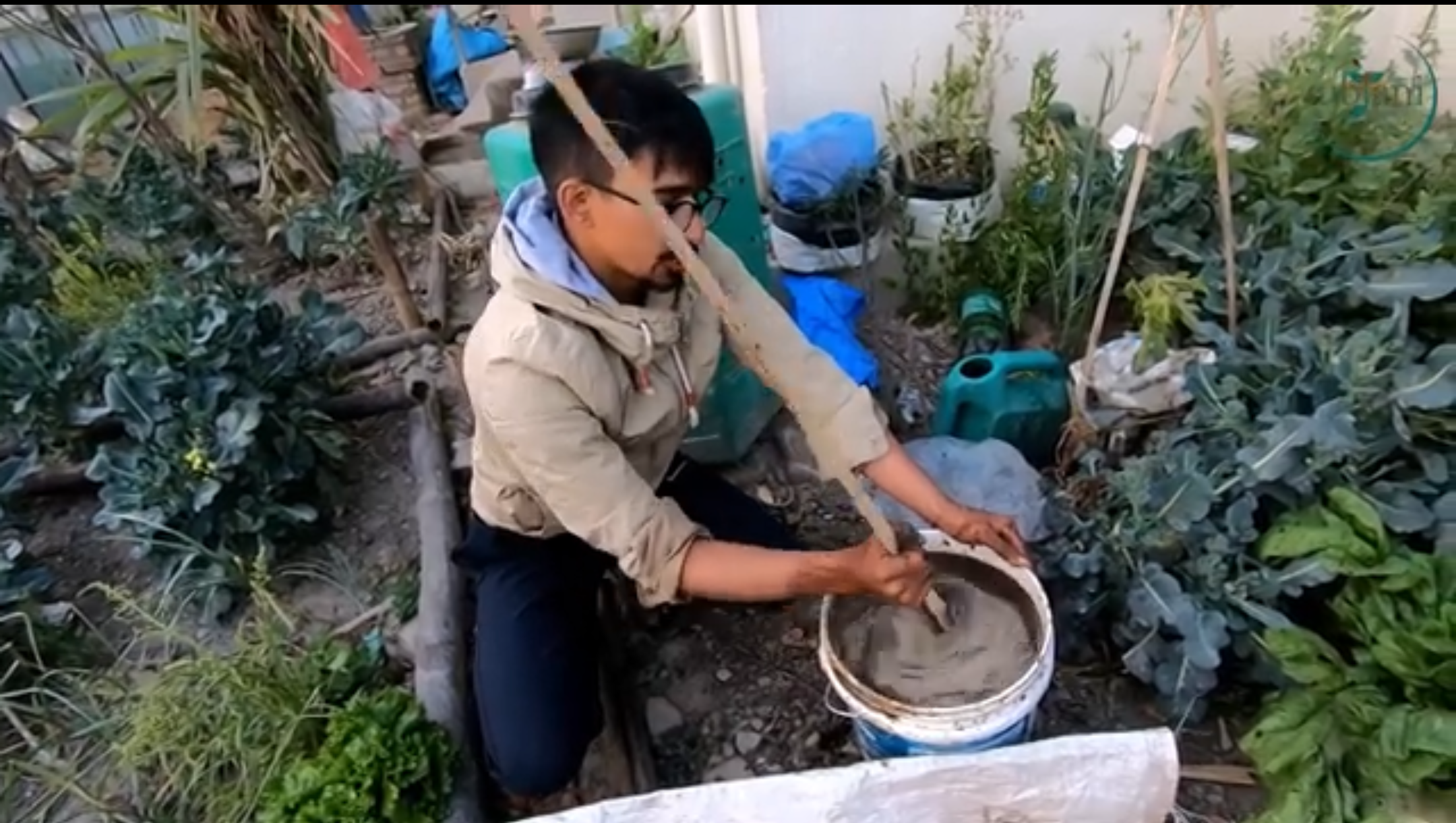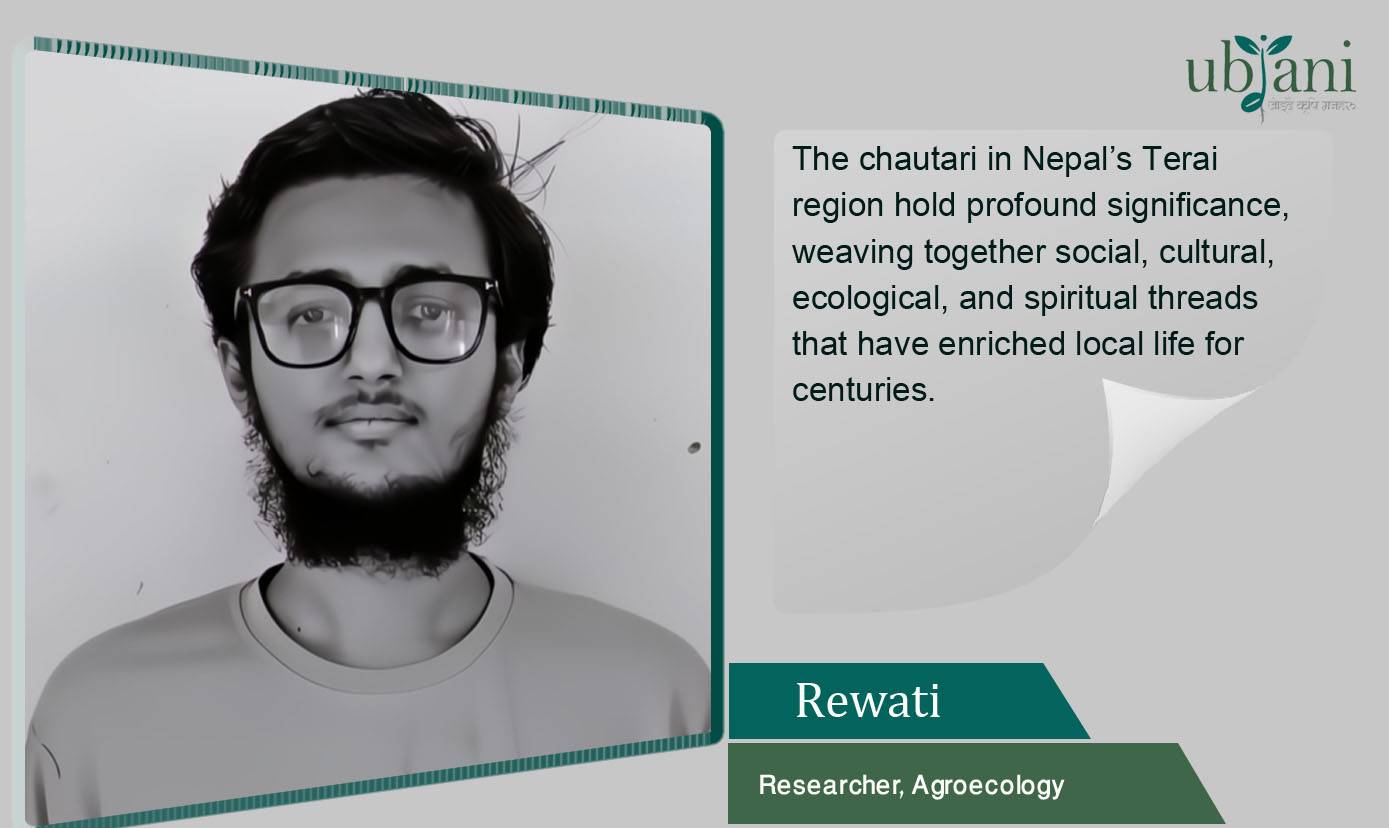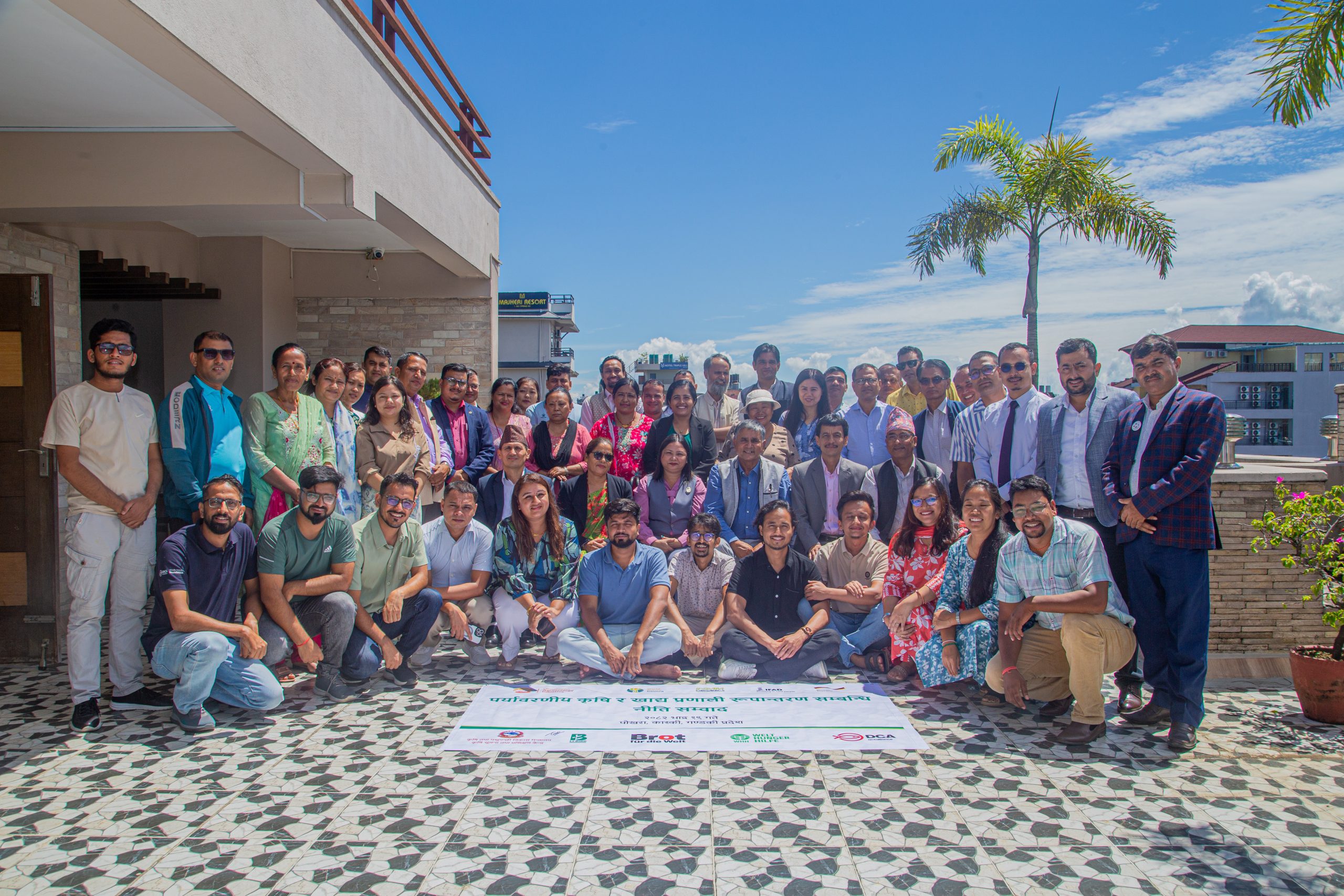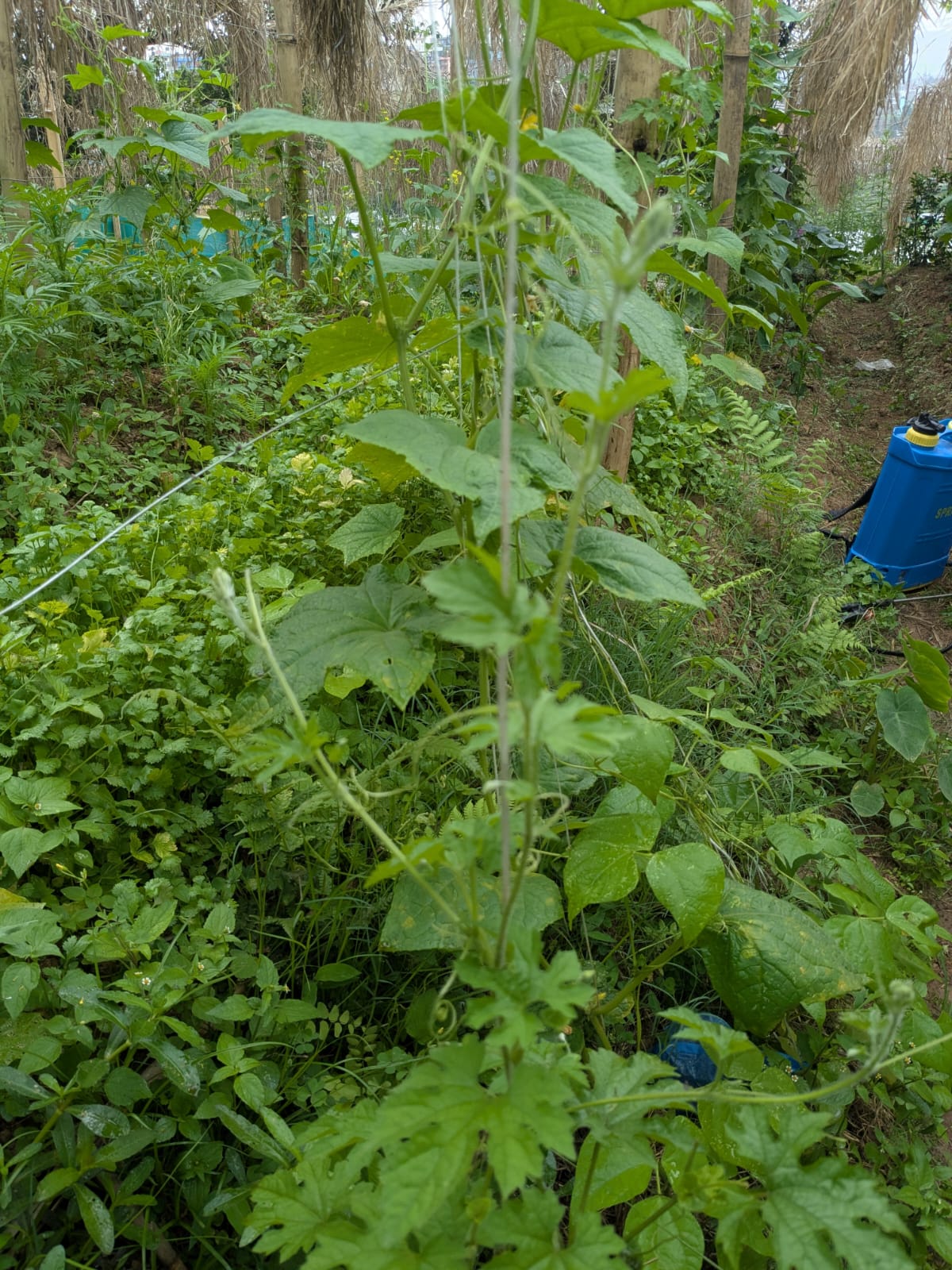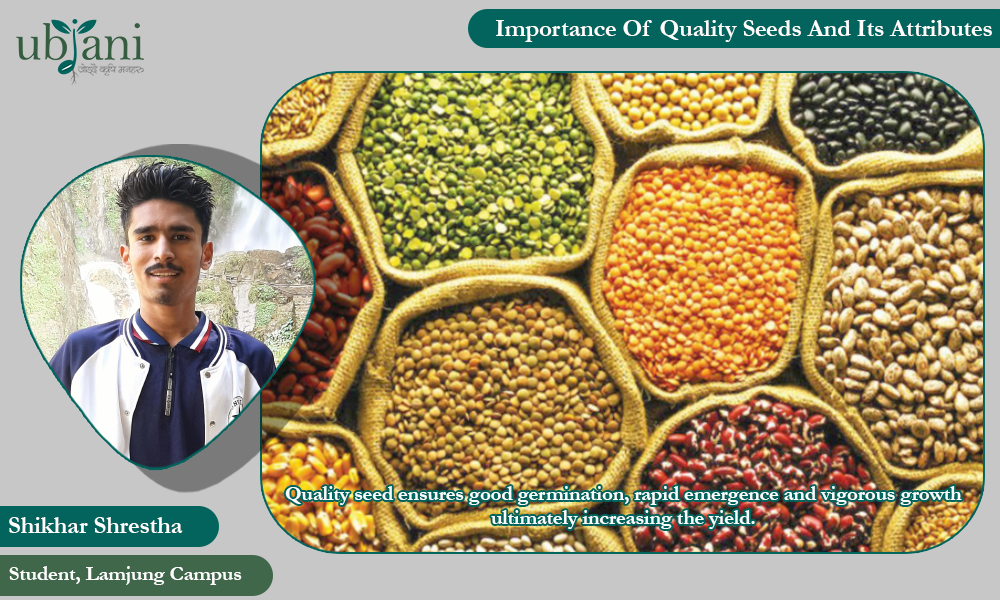
‘Life grows with diversity’. Nature has preserved the ecosystem functions for millions of years with mutual interaction of different species and diversity. But, over the past 30 years, 75% of the genetic diversity of agricultural crops has been lost.
Global crop production is now dominated by only four staple foods: wheat, rice, maize, and potato. This has reduced diversity in agricultural produce and we are about to experience some healthy nutrition packed and resilient food crops like millets, oats, barley, buckwheat being replaced with rice and maize only. For a single crop as well, diverse varieties cultivated some time ago is being replaced with single variety crops specially hybrid ones, posing greater agri-biodiversity loss. Debate of hybrids seeds and traditional food crops for food security is a big question.
Resilience and adaptive capacity of traditional crops
Evolution, based on selection, mutation and other natural phenomenon adapts plant populations to the agro-climate of particular location. In the world of changing climate and prevailing erratic weather conditions of drought and flood regime, these crops adapted to particular agro-climate over centuries of time can survive easily. Local varieties of crops are resistant to different pest and diseases and are highly adapted to the climatic conditions of the land. As these crops often doesn’t need much management and require very little fertilizer and pesticides application; cost of production of these crops is low. Farmers can save these seeds for next season crops thus cost of seed purchase is also less. Suitable training to farmers and establishment of community seed banks for seed saving can be the best way for maintaining the seed quality and production through traditional crops.
Problem with hybrid or GMO seeds
Hybrid or GMO varieties, are promised to provide food security through better potential production. With better fertilizer response these seeds are seen to provide better production in ideal condition. But, heavy chemical fertilizer use have devastated healthy soil ecosystem making soil more fragile, prone to erosion and dead (with no capacity to replenish its own fertility). Also, water demand of most of these crops is higher; with excessive water use many places have water scarcity. Life less dead soil with very little water availability makes soil deserted and not suitable for cultivation. These hybrid and GMO seeds tend to be highly sensitive to climate and have less ability to survive even minor changes to climate. In the world of changing climate and prevailing erratic weather conditions of drought and flood regime, cultivation of these hybrid and GMO seeds is neither sustainable, nor resilient choice for food security. Produce from these type of plants cannot be saved as seeds for next generation due to their infertility which means these seeds need to be bought for each sowing and price of these seeds is expensive.
If hybrid or GMO seeds are the only way for food security, developed countries of America and Europe would be the most food secure regions; but it is not the case. Nepal is said to be more food secure 40 years back when Nepal used to export agricultural products (mostly rice) to other nations. But we are importing rice alone of more than Rs. 30 Arab yearly now.
Data shows, 70% of world’s poor people are living in rural areas and they are relying on the agriculture sector. Food security for these marginalized farming community is the first concern. Better use of scientific knowledge towards regenerative and conservative farming through agro-biodiversity conservation may provide resiliency to agriculture and provide food security.





